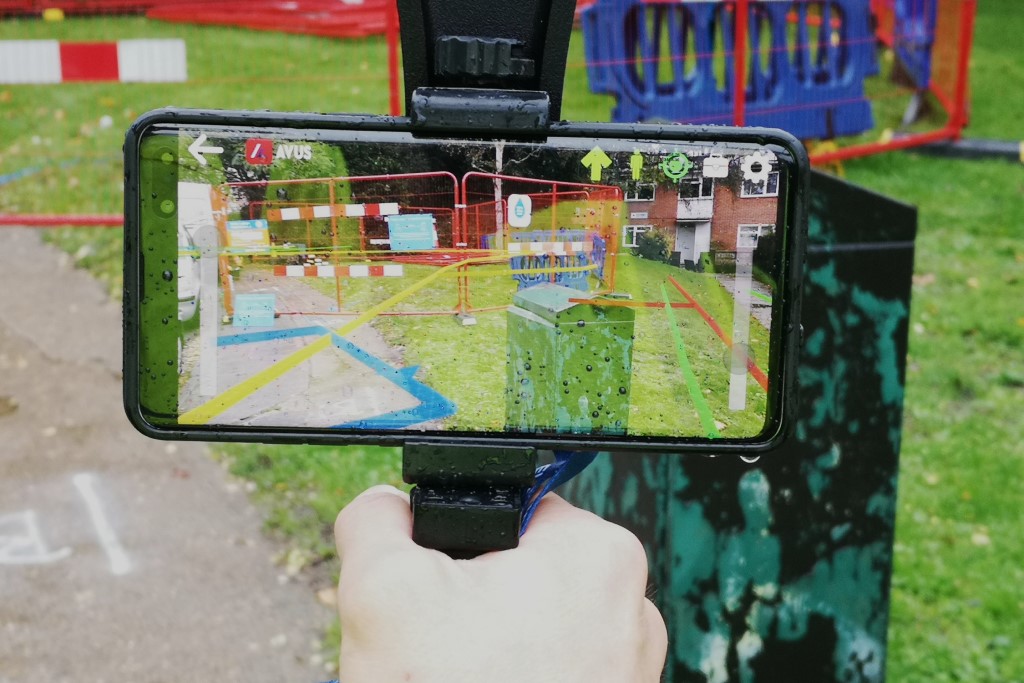New Digital Strategy to Boost Rehabilitation in Prisons

Following the publication of the HM Prison and Probation Services (HMPPS) new digital strategy, Housing Industry Leaders sits down with Georgie Henley, Justice and Emergency Services Programme Manager at techUK to discuss the role of digitalisation in prisons.
The strategy for 2021-2022, which was published last month, shows the role digital technology could play in improving the rehabilitation of prisoners.

Georgie Henley, techUK
Discussing the strategy with Housing Industry Leaders, Georgie said “The need for digital transformation across prisons and probation services in the UK has been long-awaited and needed now more than ever with the strategy an excellent step in the right direction.”
HMPPS have planned, in the new strategy, for more video conferencing to support rehabilitation and remote supervision. This will be accompanied by the development of an integrated video conferencing strategy across HMPPS.
Commenting on the merits of the “ambitious” strategy, Georgie said: “With the impact of the COVID-19 pandemic on UK prisons and probation services, it is great to see the launch of the strategy with their ambitions and digital vision for 2024 clearly outlined. We are seeing a huge shift to new ways of working broadly speaking across the public sector so it’s great to see this strategy published.”
The need for digital transformation across prisons and probation services in the UK has been long-awaited
This plan aligns with the announcement to introduce more laptops and tablets in prisons. These are to support education in prisons as well as rolling out in-cell technology to all youth custody institutions.
Not only does the plan look to support prisoners, but it also improves the day-to-day life of staff. Its 2024 vision states it will provide staff with up-to-date IT equipment and applications to work effectively, efficiently, and collaboratively.
Digitalisation to improve mental health
“Maintaining strong connections not only improves the mental health and well-being of the prisoner but has also shown to significantly reduce the likelihood of reoffending,” said Georgie. The new digital strategy sets out to improve rehabilitation in prisons and therefore will help reduce the number of re-offenders.
“Research has indicated that prisoners are amongst the most digitally excluded in society,” she continued. “Education and digital skills are fundamental now as prison leavers enter a society more reliant on technology than ever before,” explained Georgie.
Education and digital skills are fundamental now as prison leavers enter a society more reliant on technology than ever before
Although she acknowledges the importance of face-to-face contact, by introducing video conferencing to chat to family members and support staff, Georgie explained this could really boost mental wellbeing in prisons. Not only will it reduce the risk of digital exclusion, but it will also improve prison services whist allowing for support staff to work from home,
Georgie rounded up the interview, stating: “We know digital adoption is essential to modern-day life, so it goes without saying the value of technology across prison and probation services. I urge partners, stakeholders to reach out to industry. techUK has a Digital Justice working group and frequently runs industry engagement sessions. We are committed to working with justice system partners on their digital transformation journey.”

